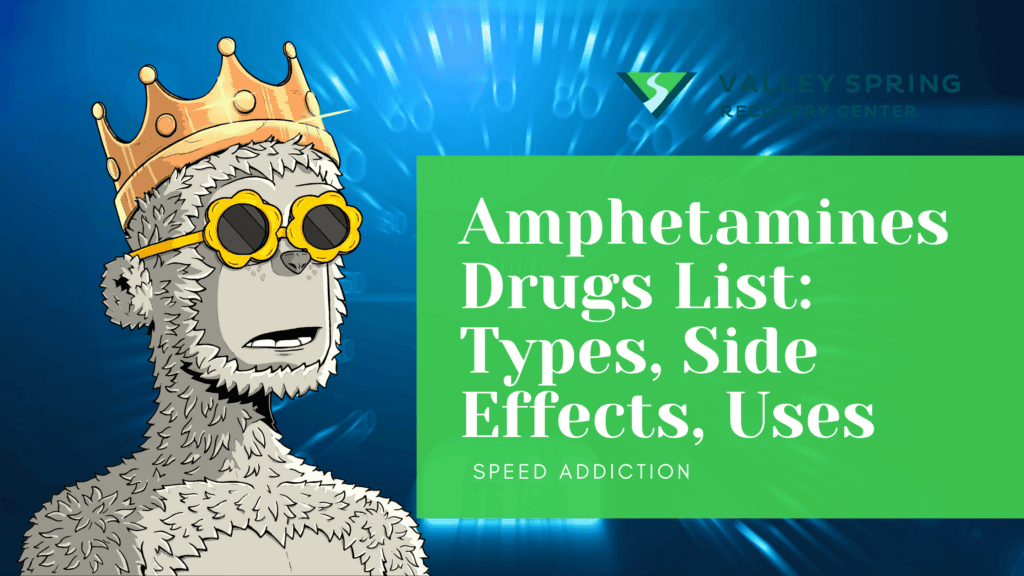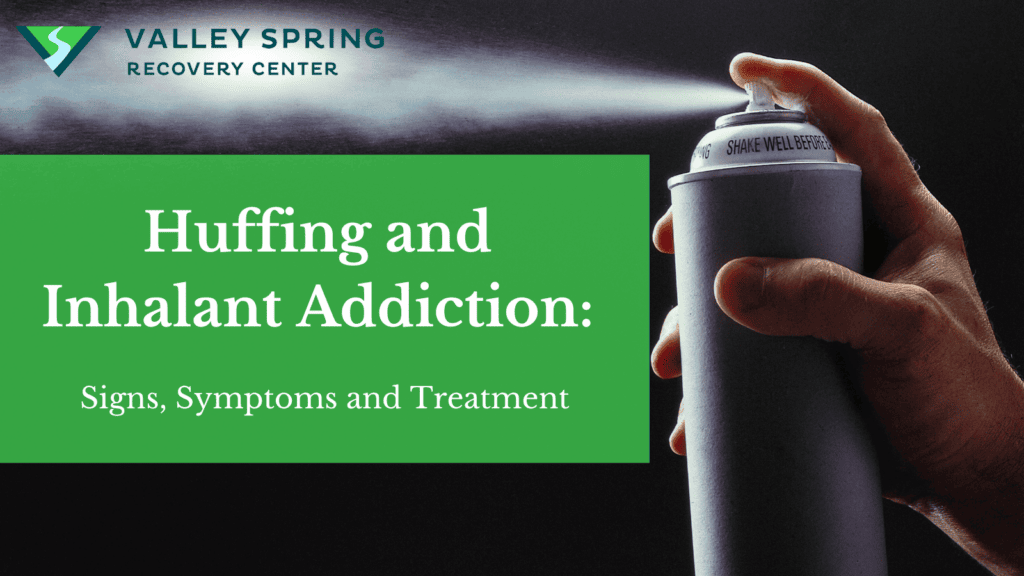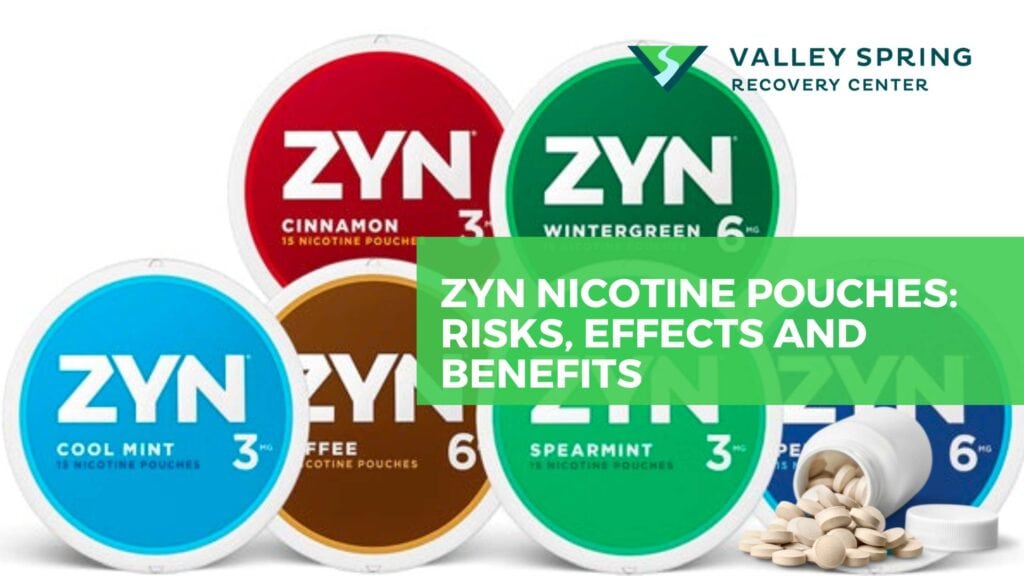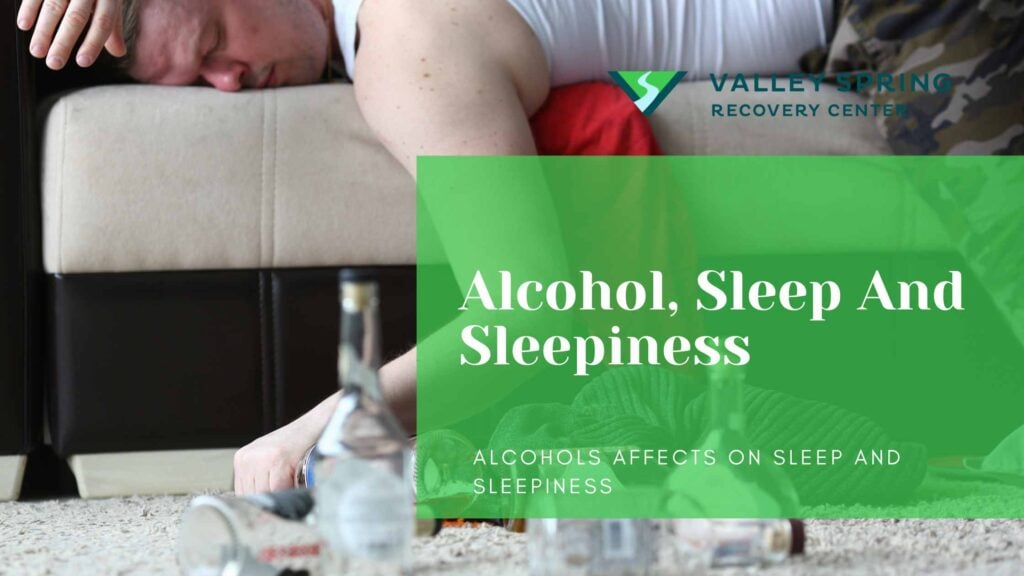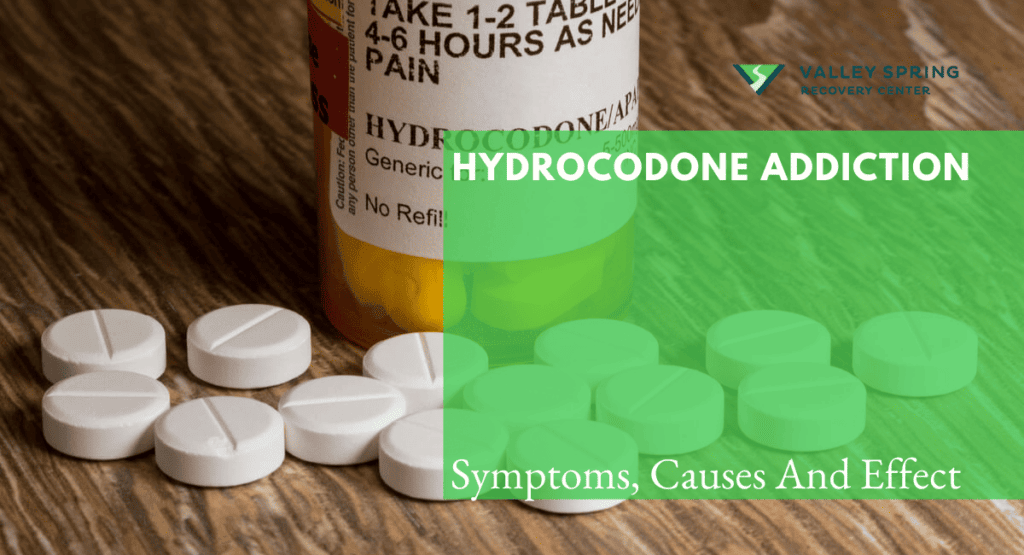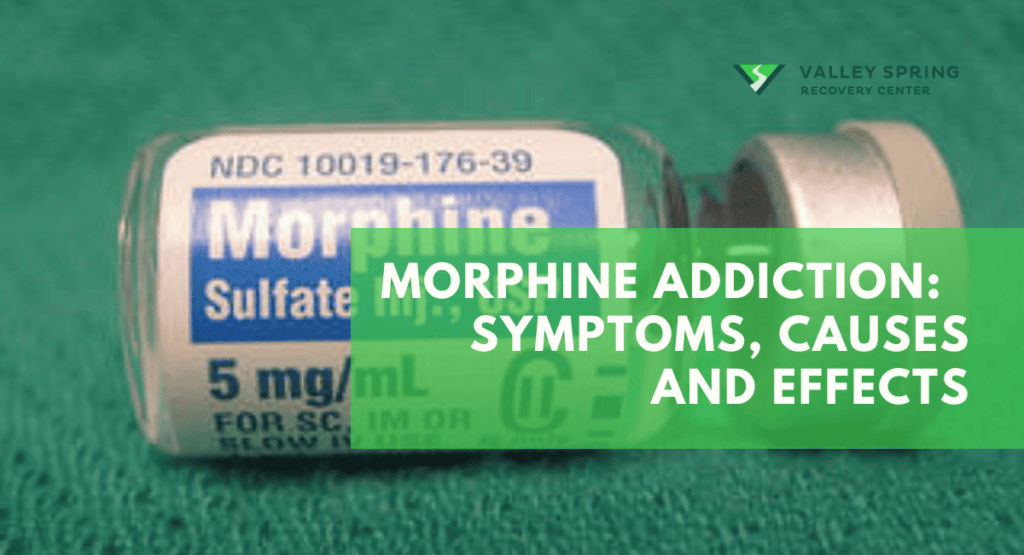Amphetamines, once hailed as wonder drugs for conditions like ADHD and narcolepsy, now tread a precarious path in society due to their addictive potential. Similar to the internet’s dual role as a transformative tool and a potential addiction, amphetamines serve both medical and potentially harmful purposes.
Diving into the world of amphetamine-based medications reveals a spectrum of substances, each with its own set of benefits and risks. Just as excessive screen time can lead to internet addiction, misuse of amphetamines can result in a serious substance use disorder with severe health and behavioral repercussions.
Like the various forms of internet addiction—ranging from gaming to cyber relationships—amphetamines come in both medically accepted and illicit forms, each carrying its own set of dangers, including the risk of overdose and death.
Treatment for amphetamine addiction, much like interventions for internet addiction, involves a multifaceted approach. This can include therapy, support groups, and medication-assisted treatments approved by regulatory bodies. The development of addiction to amphetamines, similar to internet addiction, is influenced by a complex interplay of factors such as genetics, environmental conditions, and co-occurring mental health issues like anxiety and depression. Therefore, misuse of amphetamines can lead to severe health consequences akin to those stemming from other forms of addiction, including emotional instability, relationship strain, and financial difficulties.
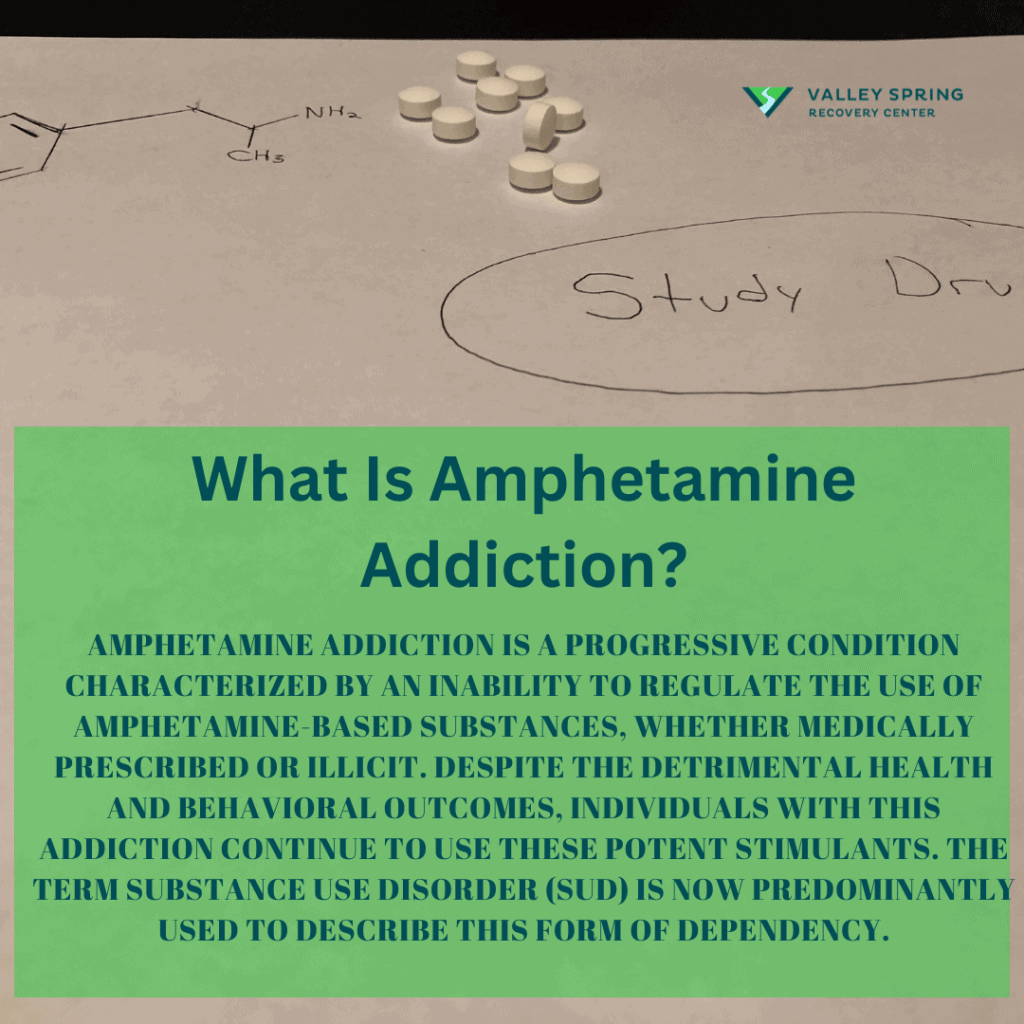
What Is Amphetamine Addiction?
Amphetamine addiction is a progressive condition characterized by an inability to regulate the use of amphetamine-based substances, whether medically prescribed or illicit. Despite the detrimental health and behavioral outcomes, individuals with this addiction continue to use these potent stimulants. The term Substance Use Disorder (SUD) is now predominantly used to describe this form of dependency.
As outlined by the National Institute on Drug Abuse, amphetamine addiction is a chronic disease marked by compulsive seeking of amphetamine-based drugs. If not properly managed, this addiction can wreak havoc on an individual’s life and may even result in fatal consequences.
The categorization of amphetamine addiction has seen significant shifts over time. In its first edition published in 1952, the Diagnostic and Statistical Manual of Mental Disorders (DSM-1) classified addiction as a subset of sociopathic personality disturbances, viewing those affected as primarily deviating from societal norms.
What Are Prescription Amphetamines?
Prescription amphetamines, like Amphetamine, Dextroamphetamine, and Methylphenidate (Ritalin or Ritalin SR), are used to address the symptoms of ADHD and narcolepsy. These legally prescribed medications are effective in treating these conditions. They have a potential for abuse if utilized improperly as with unapproved weight loss attempts. To reduce risks associated with addiction and its effects on one’s central nervous system it is imperative that an individual stick to their doctor-prescribed dosage when using this type of prescription medication – such as Adderall which contains dextroamphetamine/amphetamine combination product.
What Are The Illicit Amphetamines?
The use of illicit drugs such as amphetamines like methamphetamine hydrochloride, speed, and crystal meth can bring about a higher risk for addiction and health complications. As production and distribution is not regulated, there may be dangerous impurities present in these substances which result in more potent formulations. These issues heighten the potential danger to one’s cardiovascular system due to increased blood pressure caused by constriction of the blood vessels. Thus emphasizing how necessary it is for individuals who suffer from drug addictions should seek help quickly and avoid taking any form of illegal substance altogether.
What Are Common Amphetamine Medications?
Drugs like Adderall, Vyvanse, and Dexedrine which contain amphetamines are used to treat both ADHD and narcolepsy. According to the DEA (Drug Enforcement Administration), they have a high chance of abuse but also possess legitimate medical uses thus being classified as Schedule II stimulants.
It is important for individuals undergoing treatment with these medications to adhere strictly to their prescribed dose while remaining mindful of any side effects that could occur so as not be vulnerable to potential risks associated with them such as addiction or misuse.
What Are The Street Names For Amphetamines?
The Common Street Names For Amphetamines can be found below:
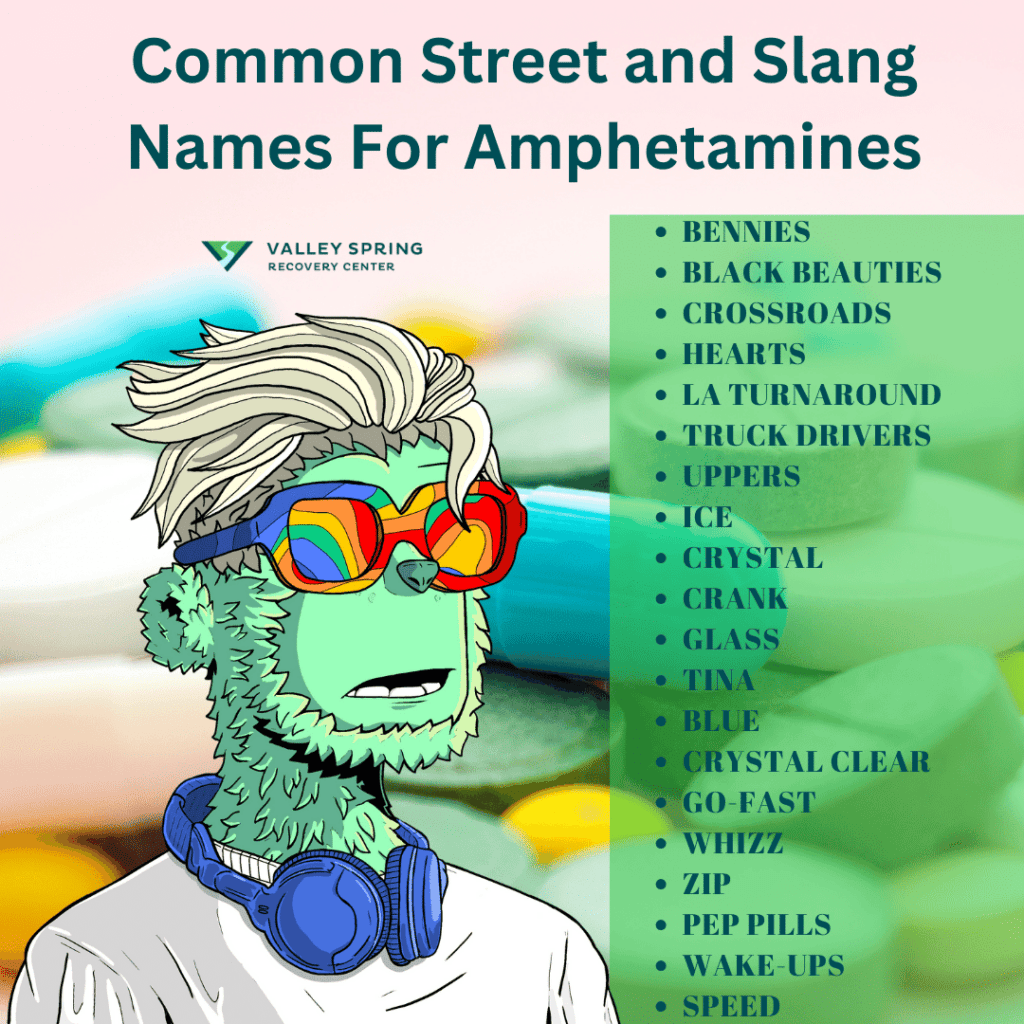
- Bennies
- Black Beauties
- Crossroads
- Hearts
- LA Turnaround
- Truck Drivers
- Uppers
- Ice
- Crystal
- Crank
- Glass
- Tina
- Blue
- Crystal Clear
- Go-fast
- Whizz
- Zip
- Pep Pills
- Wake-ups
- Speed
What Are The Side Effects of Amphetamines?
The effects of amphetamine use can range in severity and may include an increased heart rate, insomnia, paranoia, or even psychosis. On a psychological level, depression, suicidal thoughts/behaviors, aggression as well as anxiety, and mood swings have been reported along with potential sexual dysfunction. This varies depending on factors such as dosages used by the individual, their general health condition, and any built tolerance they might possess. Those experiencing side effects should consult their healthcare provider for more advice on how to best handle it while considering changes that need to be made to treatments if necessary.
How Do Amphetamines Interact with Other Drugs?
When using amphetamines, it’s important to consider potential drug interactions. These can cause unintended effects when combined with certain over-the-counter medications such as antacids or antihistamines. When alcohol is mixed in the equation too, one runs a greater risk of raising heart rate and blood pressure levels which could potentially lead to cardiovascular complications.
It’s wise for those on medication plans that involve amphetamine use to consult their healthcare provider or local pharmacist before incorporating any new substances into their regimen in order to reduce the danger from unknown reactions when mixing drugs. By keeping well informed about possible drug interactions, people will be able to utilize these treatments safely while still getting the desired benefits they seek out from taking them initially.
What Are The Causes of Amphetamine Addiction?
Amphetamine addiction can be triggered by various components, among them genetic predispositions, environmental variables and the exhilarating effects of the drug. Surroundings are essential when it comes to risk for developing an addiction as access to drugs, emotional tension along with peer pressure that tolerates drug use can all boost risks significantly.
The impact amphetamines have on users makes these substances appealing due its pleasurable effect resulting in a strong need for re-experiencing this sensation again – leading ultimately to tolerance, psychological attachment plus cravings which complicates ceasing usage without withdrawal symptoms accompanying it.
What Are The Signs Of Amphetamine Addiction?
Amphetamine addiction can lead to a range of physical effects, such as heightened energy and alertness, reduction in appetite and weight loss along with dilated pupils, increased heart rate and blood pressure, profuse sweating and an elevated body temperature. People who struggle with this type of drug abuse may also display changes in behavior that include impulsiveness or irritability combined with aggressive actions, rapid shifts in moods, disruption to sleep cycles as well as eating habits Being off balance.
Not only does amphetamine addition have consequences on personal relationships due to neglecting them for the sake of using drugs instead but it can create other issues too like trust problems between partners coupled together wtih communication breakdowns occurring much more frequently than usual.
What Are The Withdrawal Symptoms From Amphetamines?
Withdrawal from amphetamines can cause difficult and sometimes extended periods of fatigue, irritability, and sadness, potentially lasting up to a month. Other severe symptoms may also appear during this time such as appetite increase, problems sleeping, muscle ache issues or tremors.
The timeline for experiencing withdrawal from the stimulant is unpredictable but usually includes an initial ‘crash’ stage. Often characterized by prolonged sleepiness coupled with depression in moods. The intensity and length of these signs vary between individuals who suffer amphetamine withdrawal symptoms.
What Are The Dangers of Amphetamine Abuse?
Amphetamine abuse can lead to a wide range of health complications, such as cardiovascular problems, respiration issues, considerable weight loss, and malnutrition. It may also cause mental illnesses including psychosis with delusions or hallucinations, violence, and suicidal thoughts. Depression and anxiety are not uncommon in those addicted to amphetamines either. In 2017 there were more than 7 thousand cases leading to death due to partly overdose of this stimulant – a 30% increase since the year prior – 2019 saw at least thirty-thousand overdoses related again directly attributed primarily by addiction for substances such as amphetamine itself. The dangers associated with said drug is clear then showing why help must be sought immediately if someone has an addiction issue regarding these compounds.
What Are The Benefits Of Amphetamines?
Amphetamines have several medical benefits when used under proper medical supervision, primarily for the treatment of Attention Deficit Hyperactivity Disorder (ADHD) and narcolepsy. Here are some of the key benefits:
Improved Focus and Attention
Amphetamines are commonly prescribed for ADHD because they can help increase attention span and focus. They do this by increasing the levels of certain neurotransmitters in the brain, such as dopamine and norepinephrine.
Enhanced Cognitive Function
Some studies suggest that amphetamines can improve cognitive functions like memory, attention, and problem-solving skills, although these effects are generally more pronounced in individuals with ADHD.
Increased Energy and Alertness
Amphetamines are stimulants that can increase energy levels and alertness, making them useful for treating conditions like narcolepsy, where sudden bouts of sleep can occur.
Appetite Suppression
Amphetamines can suppress appetite, which has led to their use in the past for weight loss, although this is no longer a recommended application due to the risk of addiction and other side effects.
Mood Elevation
Some people experience a temporary mood elevation or a sense of euphoria when taking amphetamines, although this is also associated with the drug’s potential for abuse.
Improved Academic and Occupational Performance
For individuals with ADHD, amphetamines can lead to improvements in academic and occupational performance by enhancing their ability to focus and complete tasks.
Respiratory Benefits
In the past, amphetamines were used as bronchodilators to treat asthma and other respiratory conditions, although they are rarely used for this purpose today due to the availability of safer alternatives.
What is the difference between stimulants like cocaine and amphetamines like crystal meth and Adderall?
Stimulants like cocaine and amphetamines such as crystal meth and Adderall have some similarities, as they both act on the central nervous system to enhance alertness, focus, and energy. However, they differ significantly in various aspects, including their chemical structure, mechanism of action, medical uses, and potential for abuse and addiction.
Cocaine is an alkaloid derived from the coca plant, while amphetamines are synthetic substances. Crystal meth (methamphetamine) and Adderall (a mixture of amphetamine salts) have different chemical structures but belong to the same class of drugs. In terms of their mechanism of action, cocaine abuse blocks the reuptake of dopamine, leading to increased concentrations of this neurotransmitter in the brain. Amphetamines, on the other hand, increase the release of dopamine and norepinephrine and also block their reuptake. The mechanism is more complex and varies between different types of amphetamines.
When it comes to medical uses, cocaine has limited applications and is sometimes used as a local anesthetic in certain surgical procedures. Amphetamines like Adderall are approved for treating conditions such as Attention Deficit Hyperactivity Disorder (ADHD) and narcolepsy. Crystal meth, however, has no approved medical uses. The duration of effects also varies between these substances. Cocaine is short-acting, with effects lasting about 15 to 30 minutes, while the effects of Adderall can last 4-6 hours, and those of crystal meth can last even longer.
Both cocaine and amphetamines have a high potential for abuse and addiction. Cocaine is classified as a Schedule II controlled substance in the U.S., indicating a high potential for abuse but some medical utility. Adderall is also a Schedule II substance, while crystal meth is a Schedule I substance, meaning it has no accepted medical use and a high potential for abuse.
In terms of side effects, both classes of drugs can lead to increased heart rate, elevated blood pressure, and other cardiovascular issues. Amphetamines can also cause insomnia, dry mouth, and loss of appetite. Legally, cocaine is illegal for recreational use but has limited medical applications. Adderall is legal by prescription, but crystal meth is illegal for any use.
What Are Tips for Safe Amphetamine Use?
To promote amphetamine use in a safe manner, one should comply with the given dosage and be mindful of not mixing it with other drugs. Professional medical advice is encouraged when any kind of side effect appears. Consumption involving both alcohol or medication must also be avoided to minimize risks due to unforeseen issues that could lead to Damage.
If a dose was missed within an acceptable time frame from its original schedule, then it’s fine to take immediately. If otherwise, waiting until the prescribed moment would reduce chances for unsafe usage habits forming.
What Are The Legal Status and Regulations Of Amphetamines?
Amphetamines, being designated as a Schedule II stimulant by the DEA, have an immense potential for misuse and are Subject to stringent control regulations. These laws restrict the use, manufacturing and selling of amphetamine-based products with severe penalties in place such as incarceration up to 20 years or fines reaching $1 million (or both) if not followed.
The regulations relating to usage may vary from country-to-country. While some countries might only permit medical intake others could even allow recreational consumption – making it important that anyone travelling with or using these substances research respective nation’s policies beforehand.
What Are The Treatment Options for Amphetamine Addiction
When it comes to treating amphetamine addiction, multiple approaches can be employed such as cognitive behavioral therapy (CBT), contingency management, and couples or family therapies. There are no FDA-approved medications specifically for this condition. Drugs like modafinil, bupropion, naltrexone D-amphetamine, and methylphenidate have been used in medication-assisted treatment programs. It is important that professional help is sought when trying to address an individual’s unique needs regarding their amphetamine abuse problem so appropriate courses of action can be determined. For the same reasons of personalization applying varying treatment options if deemed necessary should also apply when tackling cases related to obesity issues
What drugs show up as amphetamines on a drug test?
Prescription medications, including ADHD medication methylphenidate, antidepressants such as bupropion and fluoxetine plus trazodone, beta-blockers like trandates, and diet pills phentermine have been known to give false positive results for amphetamine in urine drug tests. Crystal meth otherwise known as methamphetamine also will show up on a drug test as an amphetamine.
What is the brand name for amphetamines?
Amphetamines have several brand names, such as Adderall®, VyvanseTM, Concerta® and Dexedrine®; they can also be referred to as Desoxyn®. These medications are taken orally or injected.
What are the modern amphetamines?
Only four drugs – dextroamphetamine, lisdexamfetamine, methylphenidate and mixed salts amphetamine – are legally used as medical treatments for attention deficit hyperactivity disorder (ADHD) in adults and children. All other forms of the stimulant drug amphetamine are prohibited.
What is the difference between prescription and illicit amphetamines?
Prescription amphetamines are utilized for legitimate medical needs, whereas the illicit form of this substance is illegally created and used mainly for recreational purposes. These drugs carry a greater risk of dependence and health issues than their prescription counterparts.
Can amphetamines interact with other medications?
Amphetamines can interact with other medications, and these interactions could be potentially dangerous. That’s why it is essential to seek the advice of a healthcare provider or pharmacist before taking any non-prescription drugs along with amphetamine use.
Kristy Ashe
All author postsShare This Post

